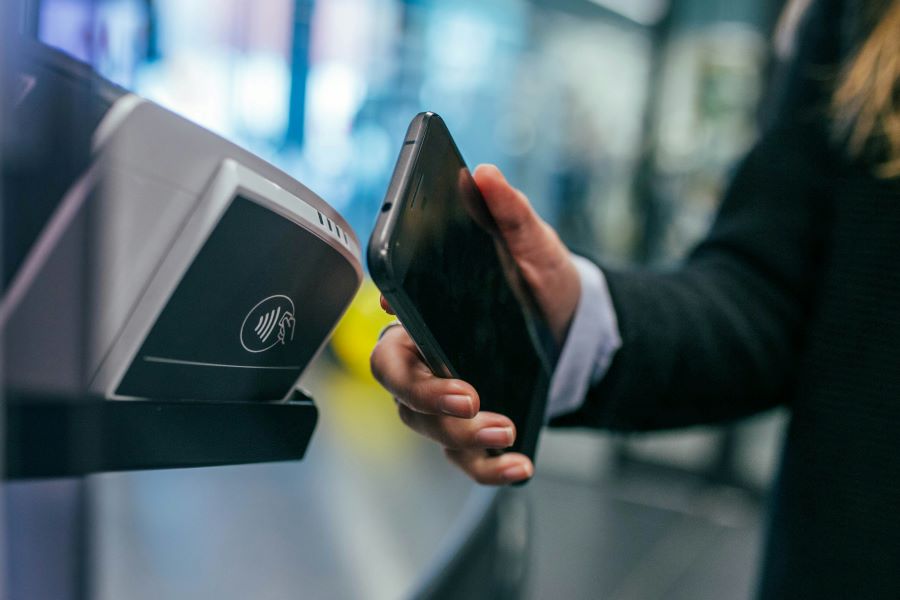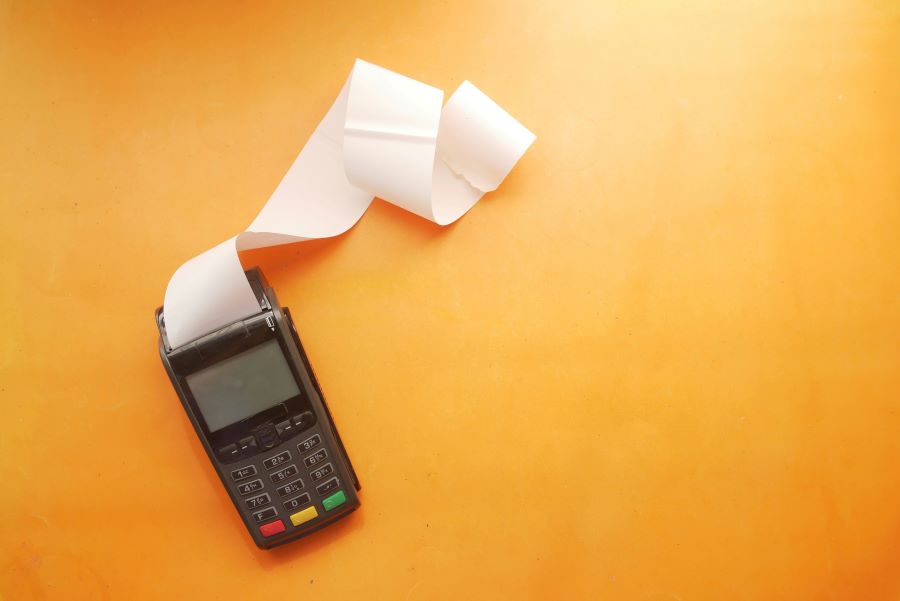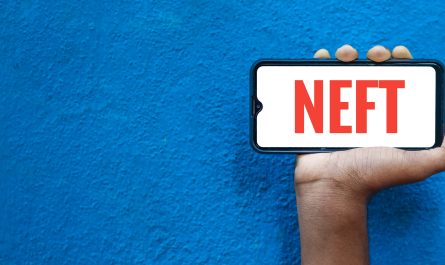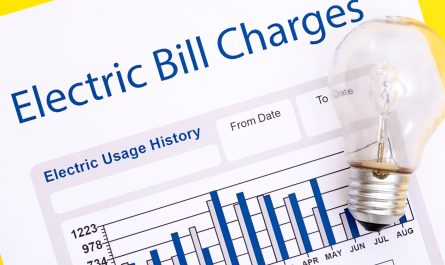In the realm of online payments, terms like payment processor and payment gateway are often used interchangeably, leading to confusion among users. While they might sound similar, they perform distinct functions in the payment process. But, what is the difference between a payment processor and a payment gateway?
If you are looking for ways to learn the differences between the two, you have come to the right place! In this comprehensive guide, we will introduce you to the key differences that will help you understand which option is most suitable for your daily online transactions and how you can earn amazing rewards and benefits by using the Airtel Thanks App!
What Is a Payment Processor?
A payment processor is a financial institution or a third-party service provider that facilitates transactions between a merchant (seller) and a customer (buyer). The payment processor is responsible for securely transmitting payment data, verifying transactions, and transferring funds from the customer’s bank account to the merchant’s account. One such revolutionary payment-based application is the Airtel Thanks App, designed to offer safe and secured payment experience to users.
What is a Payment Gateway?
A payment gateway, on the other hand, is a technology platform that acts as a bridge between the merchant’s website or app and the payment processor. It securely captures payment information from customers, encrypts the data, and forwards it to the payment processor for authorisation and processing.
Also read: 5 Common Online Payment Problems and How to Solve Them
Role in Payment Processing Process: The payment processor is responsible for processing and settling transactions, including fund transfers and transaction verification. In contrast, the payment gateway handles the initial authorisation of payments and securely transmits payment data to the payment processor.
Integration: Payment processors are integrated into merchant platforms to handle transaction processing, while payment gateways are integrated into the checkout process to capture and transmit payment information securely.
Security Features: Both payment processors and payment gateways employ robust security measures to protect sensitive payment data. Payment gateways encrypt payment information during transmission, while payment processors use authentication and fraud detection mechanisms to ensure secure transactions.
Acceptance of Payment Methods: Payment processors typically support a wide range of payment methods, including credit cards, debit cards, bank transfers, and digital wallets. Payment gateways facilitate the acceptance of these payment methods by securely transmitting payment data to the payment processor for authorisation.
Transaction Speed: Payment gateways process transactions in real-time, providing instant authorisation and feedback to customers during the checkout process. Payment processors handle the actual fund transfers and settlement, which may take a few business days to complete.
Cost Structure: Payment processors and payment gateways may have different fee structures. Payment processors may charge transaction fees based on the volume of transactions processed, while payment gateways may have setup fees, transaction fees, and recurring fees for their services.
Integration Complexity: Integrating a payment processor into a merchant platform requires technical expertise and may involve API integration and compliance with security standards such as PCI DSS (Payment Card Industry Data Security Standard). Payment gateways also require integration but focus on providing a seamless checkout experience for customers.
Customisation Options: Payment processors and payment gateways may offer customisation options such as branding, checkout flow customisation, and reporting tools to merchants. Payment gateways often provide more flexibility in customising the checkout experience for customers.
Customer Support: Payment processors and payment gateways typically offer customer support to merchants and users. Payment processors may provide support for transaction-related issues, while payment gateways assist with technical integration and payment gateway-related inquiries.
Compliance and Regulations: Both payment processors and payment gateways must comply with industry regulations and standards related to payment security, data protection, and fraud prevention. Compliance with regulations such as PCI DSS is crucial for maintaining the security and integrity of payment transactions.
Also Read: Is It Safe to Use UPI Payment Mode for Money Transaction?

Choosing the Best Option for Users:
The choice between a payment processor and a payment gateway depends on the specific needs and requirements of merchants and businesses. For merchants looking at end-to-end payment processing solutions with transaction settlement and fund transfers, a payment processor is the ideal choice. On the other hand, businesses focusing on enhancing the checkout experience, securing payment data, and integrating multiple payment methods may benefit from using a payment gateway.
Also Read: Top 5 Benefits of Digital Bill Payments with Airtel Thanks App
How To Get New Connection on Airtel Thanks App?
Here are some simple steps to help you get your new Airtel connection:
Step 1: Visit the Airtel website or download the Airtel Thanks App.
Step 2: On the home screen, scroll down. Click on “Buy Connection”. This option allows you to buy new prepaid, postpaid, DTH, and broadband connections.
Step 3: Following this, select the new Airtel connection you wish to get for your personal or professional use.
Step 4: Once you have selected a new connection option, a new page will open up.
Step 5: Fill in all the required details, documents, and more mentioned on the screen. On completion of the process, an Airtel representative will get in touch with you to activate your new connection.
Understanding the difference between a payment processor and a payment gateway is crucial for businesses venturing into the online space. Both play different but essential roles in the payment process. By understanding their roles and benefits, you can make an informed choice for your business. And remember, with the Airtel Thanks App, managing your online transactions is just a click away!



